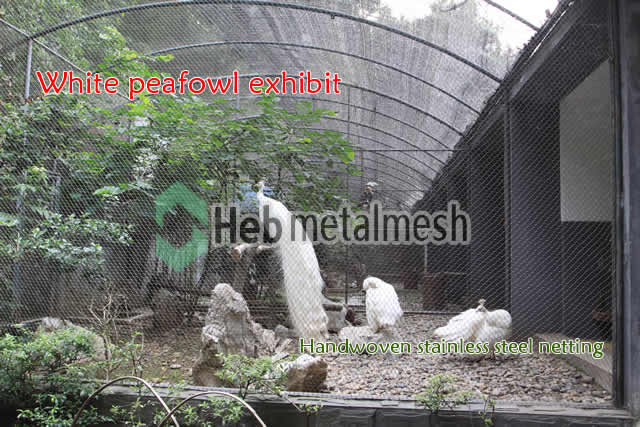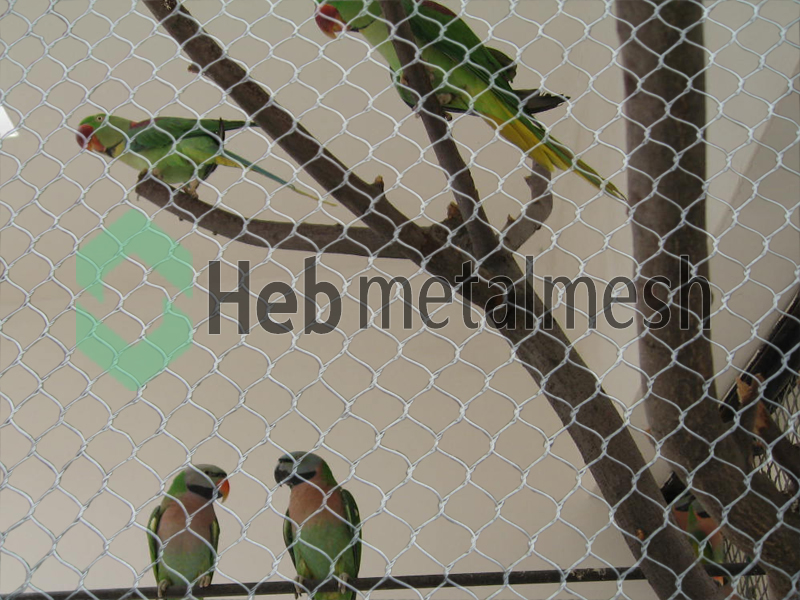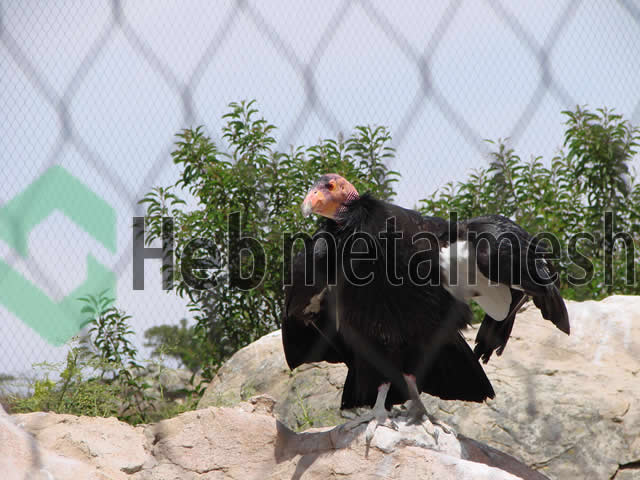The pavilion peacock cages plans wire mesh fence, guinea fowl cages at the zoo the pavilion wire mesh fence barrier netting preferred hand-woven mesh factory of stainless steel products.
Product characteristics of lightweight, high strength, durable, good flexibility, impact resistance, rupture strength, good transparency, luxurious appearance, novel style, can with the surrounding environment be in harmony are an organic whole, have very good pavilion metal fence isolation effect, the peacock cages in more than 30 years, the service life of press close to is natural, green environmental protection, effective protection bird feathers and animal skin, effectively prevent rodents and other animals bite, colorful rope net products to move the peacock is a safe and comfortable living environment.
Green peacocks are only distributed in southern Yunnan. They live at an altitude of 2000 meters below the river valley. There are also living in the bushes, bamboo forests, open woods. See more activity, in pairs and groups.Food with mushrooms, the tender grass, leaf, termites and other insects.
Every year in mid-february into the breeding season, four to eight eggs per litter. The peacock wings are not very rich. The speed is slow and awkward, just slightly faster when the fly slips in the fall. Legs are strong, good scurry, flight, more speed is a big step. Foraging activities, walking posture like chicken, walking, and nod.
Related Pages & Aticles


